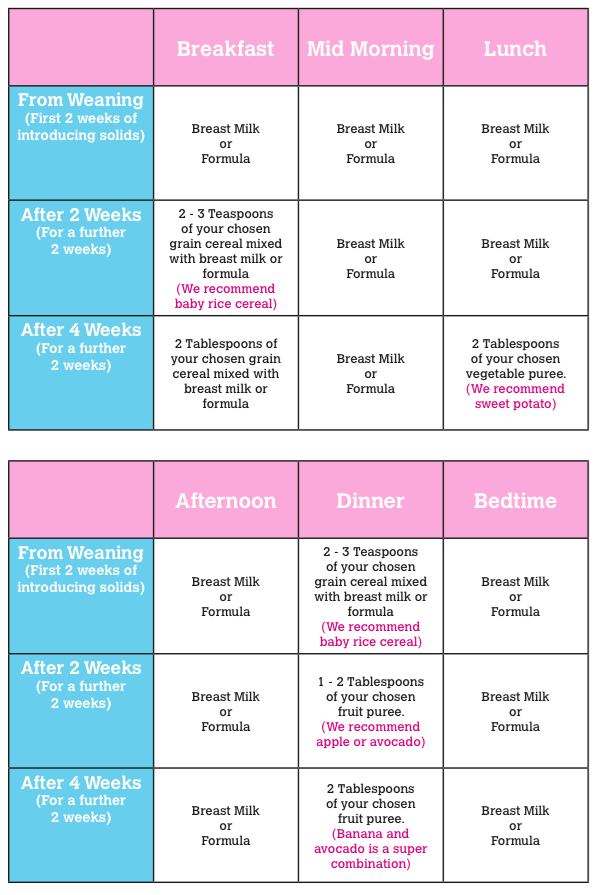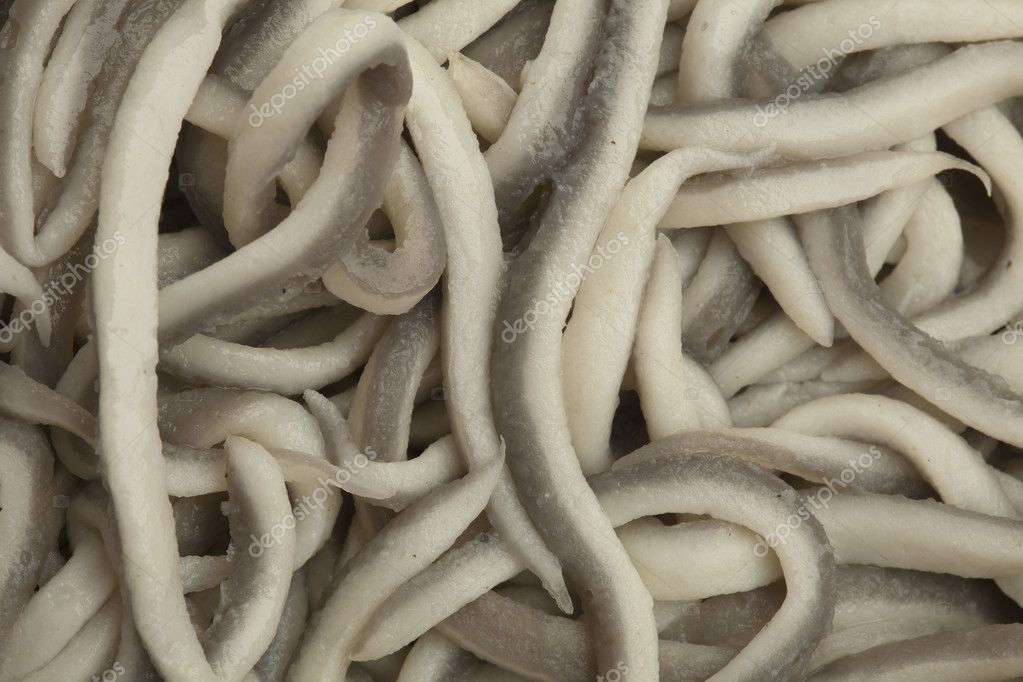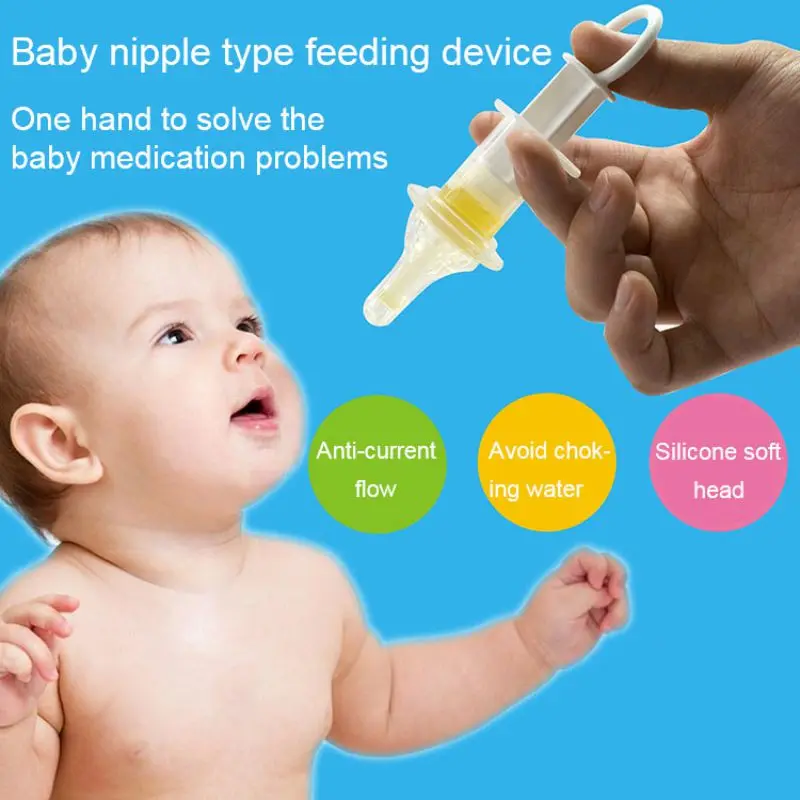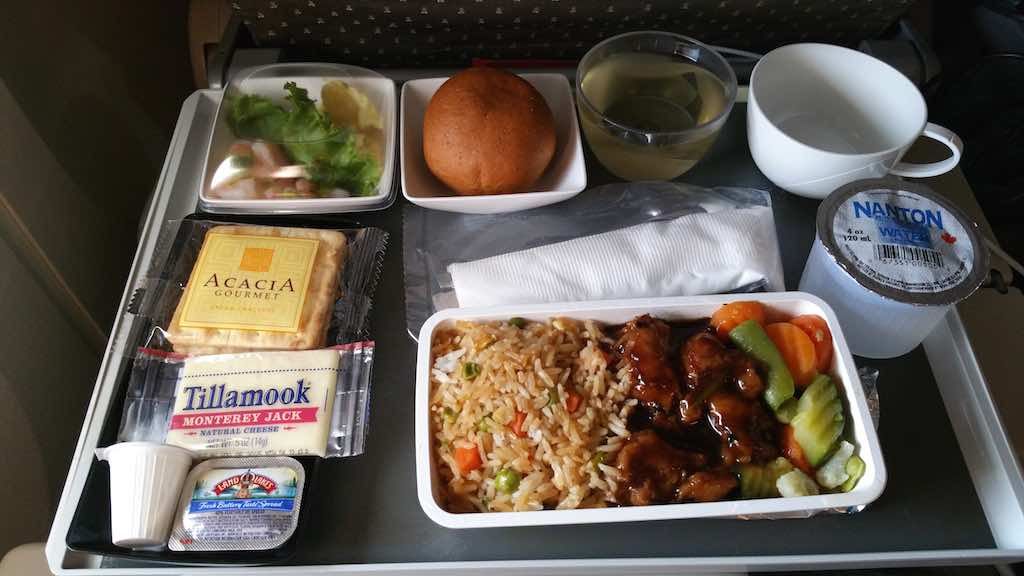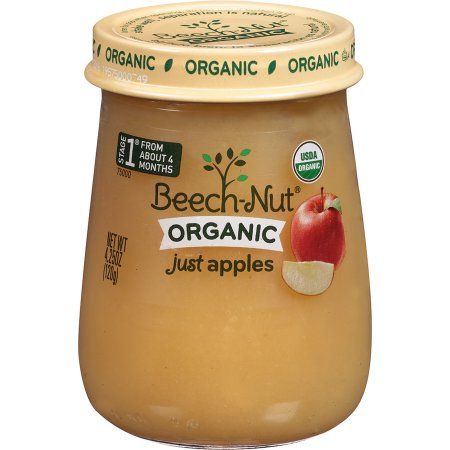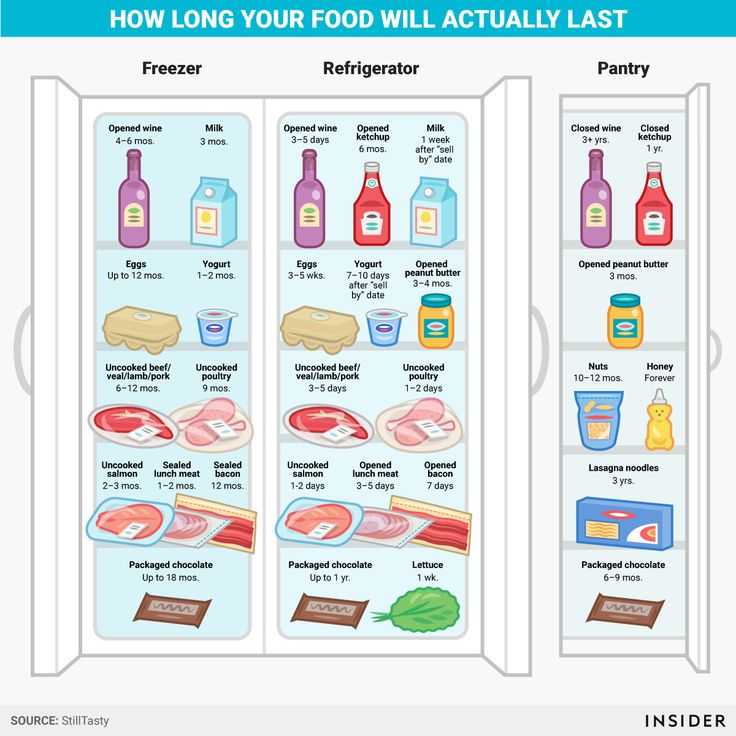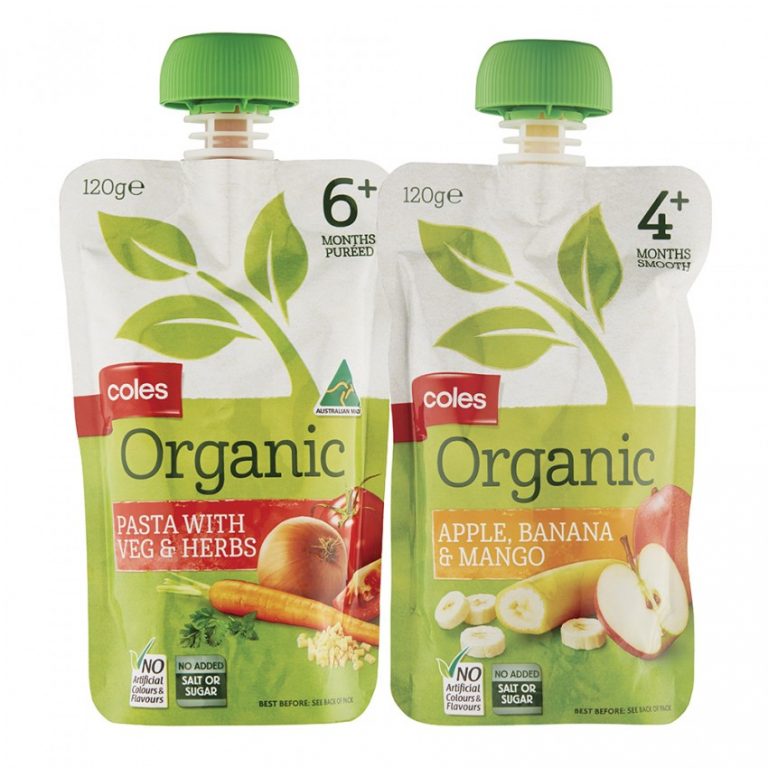Baby tummy gurgling when feeding
Why Does Baby Stomach Gurgle When She Eats
-- Discover a safe space for women to meet, listen and share valuable advice!
The Mothers Community is a safe online community sharing advice on fertility, pregnancy and motherhood through to menopause. Join Community Here --
Do you hear noises around your baby’s tummy and are worried that this could be a call for concern?
As a parent, such experiences can be scary and have you thinking,
“Why does baby stomach gurgle when she eats?” You may even have thought of planning a trip to the pediatrician.
But what really causes stomach noises in children, and is it a call for concern?
While there are many reasons and myths for this, it is crucial for you as a parent to know what triggers stomach gurgles in children and what you can do.
If this is you, you need to read this article; otherwise, you won’t know how to help your helpless baby.
Why Does Baby Stomach Gurgle When She Eats
Stomach noises usually occur when you put food or liquid on an empty stomach.
Digestive sounds in babies are normal and can occur because of different factors. Some of the common reasons your baby’s stomach may gurgle while they are feeding include:
1. Gas or Air MovementMovement of gas or air in your child’s digestive system may be one of the reasons their tummy may be rumbling.
Generally, gas can increase in baby’s tummies in various instances, like when they feed using a bottle that doesn’t have adequate air vents.
Also, babies can take in extra air when they cry for extended periods.
2. Dietary SensitivityThe other reason could be that the mother could have eaten foods with a lot of gas, including dairy and wheat products.
Consequently, the baby takes in the air during breastfeeding, leading to gurgling.
This is also true when the baby eats formula or other food with acid.
Other times, acid reflux can cause stomach acids to return to the esophagus, and this can cause stomach noisiness and fussiness in babies.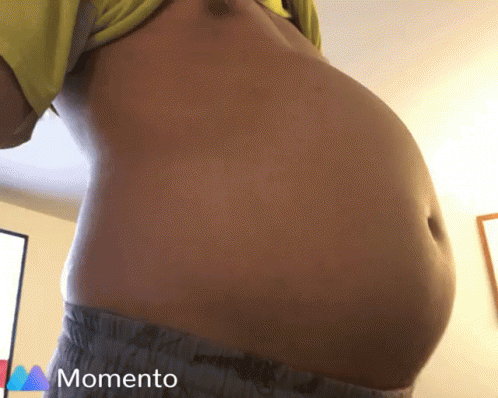
As adults, the most common reason babies’ stomach gurgles is hunger.
When the stomach is empty, it contracts, and this causes air movement, leading to strange noises.
4. Wrong PositioningWhen you place your child in the wrong position while feeding, it can lead to rumbling and gurgling. This is true when gas is unable to escape.
See a related post: How To Make Sugar Water For Babies
Is It Normal for Baby’s Stomach to Gurgle During Eating?When your baby feeds, the digestion process begins, causing them to want to poop after a while.
Usually, your stomach is likely to make rumbling noises when you pass a bowel movement.
Ideally, it is believed that humans pass gas up to 20 times a day, and noises are part of this process.
As a child’s digestive system matures, many activities occur, and all this can contribute to the strange gurgling noises.
Therefore, you can rest assured that gurgling noises in an infant’s stomach are a normal part of the digestive process while feeding.
Generally, these sounds can occur every 30 seconds to 1 minute if the baby’s digestive system is normal.
Why Does Baby Stomach Make Noises While Sleeping?Besides feeding, you may also hear rumbling noises on your baby’s stomach when sleeping.
While this may not be very common, like feeding, it is completely normal and should be no reason to be alarmed.
Usually, this occurs because the digestive system is regularly working to ensure proper functioning.
During this process, gas and milk tend to move through the digestive tract, causing their stomach to gurgle while sleeping.
If anything, the absence of noise on your baby’s stomach can be a cause for concern, especially if it becomes sudden.
You may also want to call a pediatrician if the rumbling sound suddenly becomes a squealing or whining sound.
What to do to Stop Baby’s Stomach NoisinessWhatever the cause, stomach noisiness in babies can be uncomfortable. Fortunately, there are several things you can do to ease this discomfort.
Fortunately, there are several things you can do to ease this discomfort.
To help your baby feel better from the discomfort, hold him upright or about 30 degrees both during feeding and after feeding.
Doing this helps to prevent gas from traveling back to his esophagus.
2. Burp More OftenBurping your child more often can offer much-needed relief from gas trapped in your child’s belly.
3. Bicycle LegsGently help your child move their legs back and forth to appear they are riding a bicycle. This helps to relieve trapped gas from his belly.
4. Warm Baths and MassageMassaging your baby and placing them in a warm water bath can also help ease the discomfort.
A warm bath and massage soothes the baby’s stomach and helps them relax, making it easy for gas to travel properly in the digestive tract.
Other ways to relieve baby’s gas include:
- Pace your baby in an upright position after feeding
- Use a warm compress
- Give baby gripe water or colic drops
- Give your baby over-the-counter gas drops based on doctor’s instructions
We hope that this article has been helpful if you have been wondering, “Why Does Baby Stomach Gurgle When She Eats. ”
”
It is normal for a parent or caregiver to get concerned and worried when these sounds become consistent.
However, as aforementioned, gurgles in your baby’s stomach may be a normal part of digestion and may not warrant a trip to the doctors.
Learning how to relieve discomfort in babies to improve the feeding experience is imperative for all parents.
However, if your baby does not get relief from the home remedies, consider consulting your pediatrician as soon as possible.
A medical professional will help determine whether your baby is sensitive to her diet or the main cause of the gas.
Frequently Asked QuestionsHow do I know the baby has gas?As a parent, knowing the signs and symptoms of infant gas can help you find the right remedy to ease the discomfort.
Some of the common infant gas symptoms to look out for include:
- Swollen stomach
- Spitting up
- Excessive fussiness even if they are not hungry
- Excessive hiccups, burping, spit-ups, and belches
- Flatulence
- High pitched voice
- Arched back
- Constant lifting legs
Unknown to some mothers, breastfeeding can affect the baby’s digestion, especially if the mother eats certain types of food.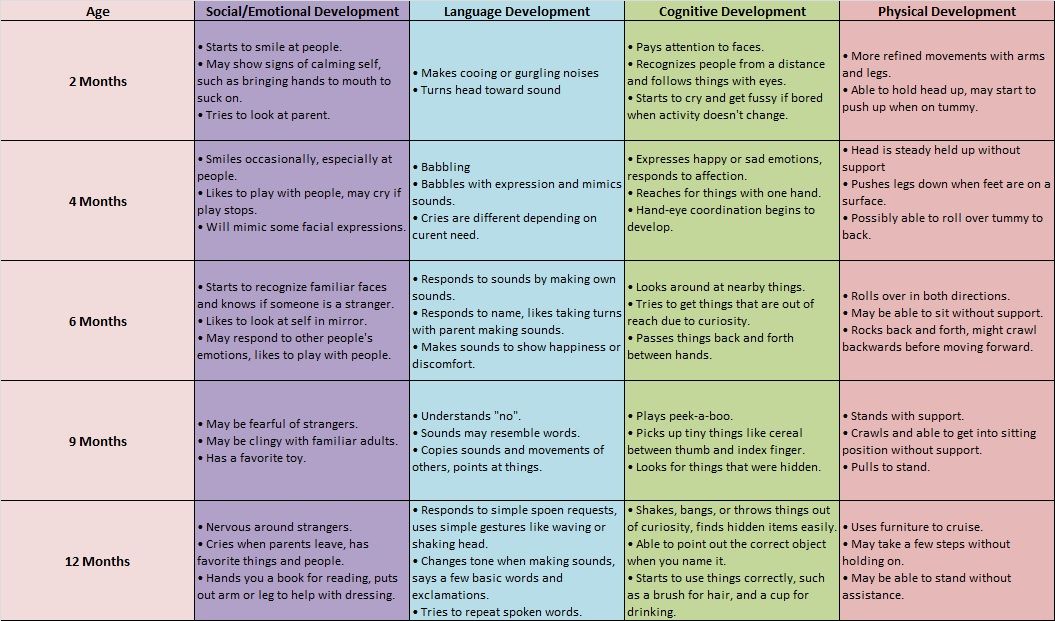
Whatever you eat is passed into your bloodstream and passed to your breast milk.
If the foods are acidic, the gas can be passed to your breastfeeding baby. Besides, some ingredients in a baby’s formula can also trigger this reaction.
Foods that can trigger stomach rumbles in babies include:
- Acidic foods
- Wheat and dairy products
- Caffeine
- Beans
- Cabbage
- Broccoli
- Spicy Foods
- Citrus fruits
- Oatmeal
Signs of food sensitivity or intolerance in children include:
- Mucous or blood in stool
- Rashes or eczema
- Congestion
- Wheezing cough
In most cases, occasional splitting is very normal in children.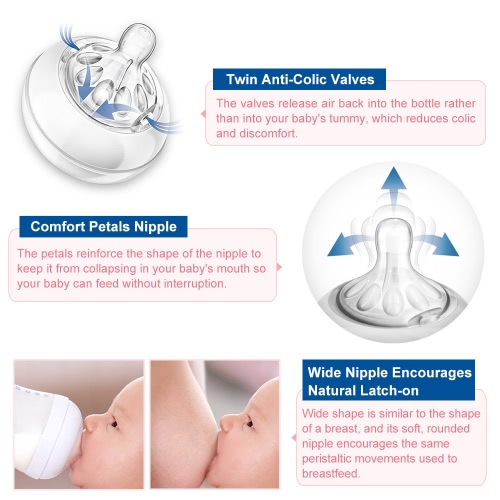
However, it can become an issue if the split-ups are continuous during feeding, which may be a sign of acid reflux.
This usually happens when food in the stomach travels back to the esophagus, causing aspiration or vomiting.
This process can be quite uncomfortable and irritable for children and may need immediate attention from your pediatrician.
They will offer you the best remedy for reducing the acid reflux in your child.
Is stomach gurgling dangerous for children?While it may be upsetting to hear stomach noises in your baby, these sounds are mostly normal and indicate digestion.
Nevertheless, this may not be the case when you hear loud, high-pitched sounds, as this could indicate an underlying gastrointestinal disorder or blockage in the digestion system.
In this case, you need to consult a doctor.
Iesha Mulla
Iesha is a loving mother of 2 beautiful children. She’s an active parent who enjoys indoor and outdoor adventures with her family. Her mission is to share practical and realistic parenting advice to help the parenting community becoming stronger.
She’s an active parent who enjoys indoor and outdoor adventures with her family. Her mission is to share practical and realistic parenting advice to help the parenting community becoming stronger.
A safe space for women to meet and find support!
The Mothers Community is a place to connect with women who are at a similar stages in life–from fertility, pregnancy and motherhood through to menopause.
Join a community who are there to listen, share information and offer valuable advice. Join Community
Take matters into your own hands! Expert advice for Fertility, Pregnancy and Motherhood! Discover More Here
Parental Questions - Parenting Tips & Advice
Baby NamesWelcome to the best online resource for middle names for Finnegan. It shouldn’t be surprising that people spend a lot of time looking up the perfect baby’s name on Google. Well done picking Finnegan for your young boy, but if you spend all of your time looking for the ideal first name, you can run …
by Iesha Mullaupdated on Leave a Comment on 159+ Middle Names for Finnegan [Cute & Adorable]
Baby NamesWelcome to the best online resource for the best middle names for Connor. Having a child fills a hole in your heart that you weren’t even aware you had. Didn’t even realize you had; congratulations on the birth of your new baby! And for considering the name Connor. The name Connor conjures up images of …
Having a child fills a hole in your heart that you weren’t even aware you had. Didn’t even realize you had; congratulations on the birth of your new baby! And for considering the name Connor. The name Connor conjures up images of …
by Iesha Mullaupdated on Leave a Comment on 177+ Middle Names for Connor [Cute & Adorable]
Baby NamesWelcome to the best online resource for middle names for Colette. Hello and welcome. You are about to go on the most breathtaking ride of the next nine months of your life, so please buckle up. Greetings on your pregnancy! Do you want to discover some fantastic and adorable middle names for Colette? You may …
by Iesha Mullaupdated on Leave a Comment on 181+ Middle Names for Colette [Cute & Adorable]
Baby NamesWelcome to the best online resource for middle names for Celine Selecting the ideal middle name for your little Newborn can be challenging.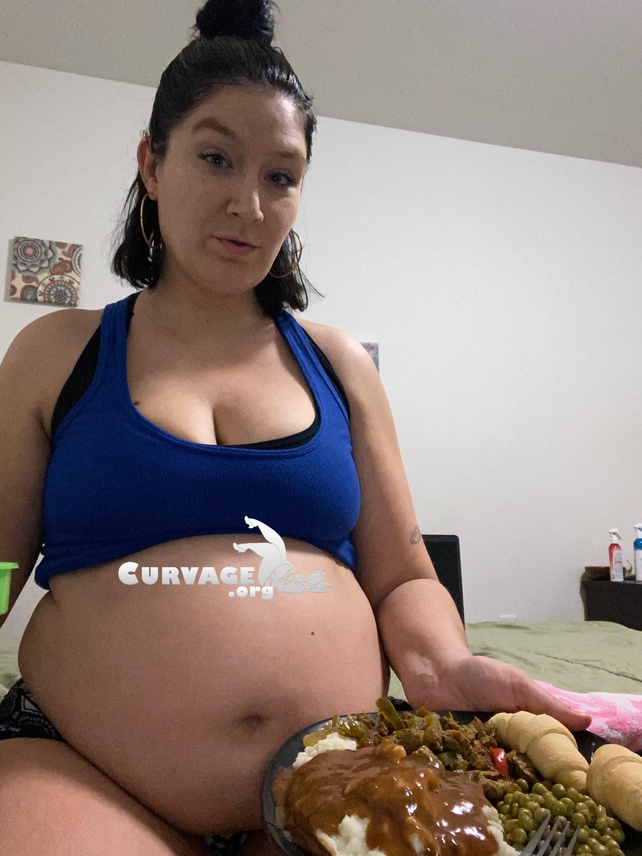 There are so many choices available! Your daughter Celine will benefit greatly from the sophistication and individuality that middle names bring! I have compiled a list of middle names that I believe …
There are so many choices available! Your daughter Celine will benefit greatly from the sophistication and individuality that middle names bring! I have compiled a list of middle names that I believe …
by Iesha Mullaupdated on Leave a Comment on 167+ Middle Names for Celine [Cute & Adorable]
Baby NamesWelcome to the best online resource for middle names for Catherine. The most thrilling, adorable, and life-changing event is having a kid. Many congratulations on your pregnancy! If you consider naming your daughter Catherine you have chosen the right thing. The name Catherine has a long history in Europe as the name of several saints …
by Iesha Mullaupdated on Leave a Comment on 161+ Middle Names for Catherine [Cute & Adorable]
Baby NamesWelcome to the best online resource for middle names for Bryson The subject of middle names can be complex.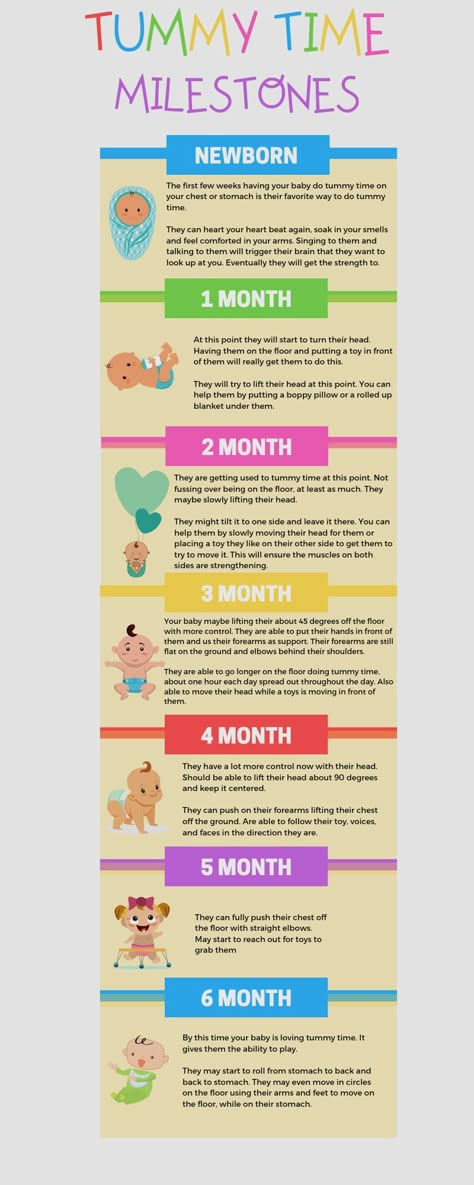 Do you want to choose something that sounds nice to your small baby boy, Bryson, and is meaningful but not too long or complicated? We can certainly help, though! We’ve gathered more than 100+ middle names …
Do you want to choose something that sounds nice to your small baby boy, Bryson, and is meaningful but not too long or complicated? We can certainly help, though! We’ve gathered more than 100+ middle names …
by Iesha Mullaupdated on Leave a Comment on 177+ Middle Names For Bryson [Cute & Adorable]
Baby NamesWelcome to the best online resource for middle names for Angel I’m sure you’re eager to meet baby Angel. There is only one issue with that: You haven’t determined what her middle name will be. Do you have to honor a loved one? Can you use your alternative given name as your middle name? Or …
by Iesha Mullaupdated on Leave a Comment on 183+ Middle Names for Angel [Cute & Adorable]
Baby NamesWelcome to the best online resource for middle names for Alana This article is for you if you’re seeking the ideal middle name for a girl that would go well with Alana. To help you select a name perfect for your young girl, we’ve compiled a list of some of our favorites, along with their …
To help you select a name perfect for your young girl, we’ve compiled a list of some of our favorites, along with their …
by Iesha Mullaupdated on Leave a Comment on 165+ Middle Names for Alana [Cute & Adorable]
Baby NamesWelcome to the best online resource for middle names for Lorenzo Thank you for choosing Lorenzo as the name for your child. It’s a wonderful name. Everyone adores it. The name Lorenzo is quite unusual. With a middle name, you can give it more significance. Below, I covered some arguments in favor of middle names …
by Iesha Mullaupdated on Leave a Comment on 171+ Middle Names for Lorenzo [Cute & Adorable]
Baby NamesWelcome to the best online resources for middle names for Hayden. Congratulations on the upcoming birth of your son! Know there are many questions to be asked, even if it’s one of your life’s most memorable and exciting times. What to name your child is among the most crucial decisions you will have to make. …
Congratulations on the upcoming birth of your son! Know there are many questions to be asked, even if it’s one of your life’s most memorable and exciting times. What to name your child is among the most crucial decisions you will have to make. …
by Iesha Mullaupdated on Leave a Comment on 161+ Middle Names for Hayden [Cute & Adorable]
main causes and remedies :: SYL.ru
After the birth of a child, parents experience great anxiety about his condition, especially colic, lack of milk, and many other problems of newborns can be a cause for concern.
In the first months of life, babies begin to suffer from many problems associated with the digestive process. This is because the digestive system is still poorly formed. That is why painful colic often occurs, increased gas formation is observed and rumbles in the abdomen of the baby. During these disorders, the child suffers greatly, sleeps poorly, eats, cries all the time. It is very important to know why the baby is rumbling in the stomach, when it is considered the norm and how to help the baby.
During these disorders, the child suffers greatly, sleeps poorly, eats, cries all the time. It is very important to know why the baby is rumbling in the stomach, when it is considered the norm and how to help the baby.
To understand why a baby's stomach rumbles, you need to know the main reasons that can provoke such a condition. The most common cause is swallowing air during feeding. This happens due to improper attachment of the baby to the breast or due to the fact that the milk runs very hard and the baby simply does not have time to swallow it. In addition, the baby's tummy may growl due to the accumulation of gas in the intestines. Gizzard accumulation may occur:
- if the mother consumes foods that increase gas formation;
- if there is not enough fluid in the body of the newborn;
- if there is a lactase deficiency.
If a newborn has dysbacteriosis, this means that the composition of the intestinal microflora is disturbed. When breastfeeding a woman, a woman needs to follow a certain diet, give up sweet, fatty, salty and smoked foods. In addition, rumbling in the abdomen can be provoked by an improperly selected or prepared formula for breastfeeding.
When breastfeeding a woman, a woman needs to follow a certain diet, give up sweet, fatty, salty and smoked foods. In addition, rumbling in the abdomen can be provoked by an improperly selected or prepared formula for breastfeeding.
Many young mothers are interested in why the baby has a lot of rumbling in the stomach, and there is also bloating. This can happen due to the fact that the baby has eaten a lot, and his digestive system simply does not have time to digest food, which causes fermentation processes. If a baby’s stomach growls during feeding, then in most cases this is considered the norm. And if rumbling begins only half an hour or more after saturation, and is also accompanied by other disorders, then this may indicate the presence of problems with digestion. To determine the presence of a pathology, it is necessary to take into account factors such as:
- rumbling time;
- whether this process is accompanied by gases;
- whether there are stool disorders;
- whether the child has colic;
- whether the appetite decreases.

Violations can occur for a variety of reasons, which is why it is necessary to consult a doctor and conduct a comprehensive treatment.
Rumbling due to hunger
If the baby has a lot of growling in the stomach, then this may be due to hunger. If the child wants to eat, then the stomach begins to secrete juice, the digestive tract requires good nutrition, and as a result, a rumbling sound appears.
To get rid of this condition, you need to feed the child. It is important to remember that breast milk is considered the best and healthiest food for a baby. If it is not possible to normalize lactation, then it is important to choose the best adapted mixture for the baby. In addition to a strong rumbling, the child's hunger is evidenced by its piercing and demanding loud cry.
The occurrence of colic
If the baby's stomach growls after feeding, this may be due to increased gas formation and colic. Basically, this condition in a baby is observed for 2 months after birth. After this time, colic disappears in most children. However, some children may suffer from this disorder for up to 6 months.
After this time, colic disappears in most children. However, some children may suffer from this disorder for up to 6 months.
Colic in a child can occur for a variety of reasons. Immediately after the birth of a child, his intestines are completely sterile and contain absolutely no bacteria. With the first nutrition, dairy products enter his body, contributing to the normalization of the intestinal microflora. Since there are no beneficial bacteria in the body yet, fermentation can increase significantly, and as a result, bloating occurs. Treatment of this condition is not required, you just need to wait a while until the intestines begin to work normally.
Lactase deficiency
If the baby's stomach growls, this may be one of the manifestations of lactase deficiency. In the first months of life, the newborn eats exclusively milk food containing lactose. It is an enzyme that helps digest food. If these enzymes are not enough in the body, then the baby's tummy will make a rather strange rumbling sound. In addition, the baby may have too liquid or green feces, while eating, he can abruptly throw his chest, cry, tighten his legs.
In addition, the baby may have too liquid or green feces, while eating, he can abruptly throw his chest, cry, tighten his legs.
To determine the presence of lactase deficiency, you need to undergo an examination and pass a urine and stool test. When confirming the diagnosis, the doctor recommends changing the diet of the newborn. To date, there are special adapted milk formulas designed for such children.
Lack of enzymes
If the baby's stomach growls, this may be due to a lack of enzymes in the body. Usually this condition occurs in babies under the age of 2 months and manifests itself during the introduction of complementary foods. For normal digestion, the human body must secrete certain enzymes. If the body lacks certain substances, then the food is not digested, but enters the intestines unchanged. As a result, fermentation begins and the amount of gases increases.
Enzyme deficiency can be corrected very easily. There are certain drugs to compensate for the lack of substances. However, they should be prescribed only by an experienced specialist after a comprehensive examination.
However, they should be prescribed only by an experienced specialist after a comprehensive examination.
Rumbling due to dysbacteriosis
If a baby rumbles in the stomach during feeding, this may be due to dysbacteriosis, and it also becomes frothy and loose stools. This condition occurs due to a violation of the microflora in the intestine. In addition, the normal digestive tract is populated by beneficial microorganisms. If the pathological microflora is actively developing, then dysbacteriosis may occur.
Doctors usually take a stool test before prescribing a certain drug. Only after confirming the diagnosis, medications are prescribed that normalize the intestinal microflora.
Main symptoms and signs
Determining the presence of a problem in a child is quite simple, as it often rumbles in the baby's stomach immediately after feeding. In this case, distinct sounds appear, especially if you put your hand on the baby's tummy.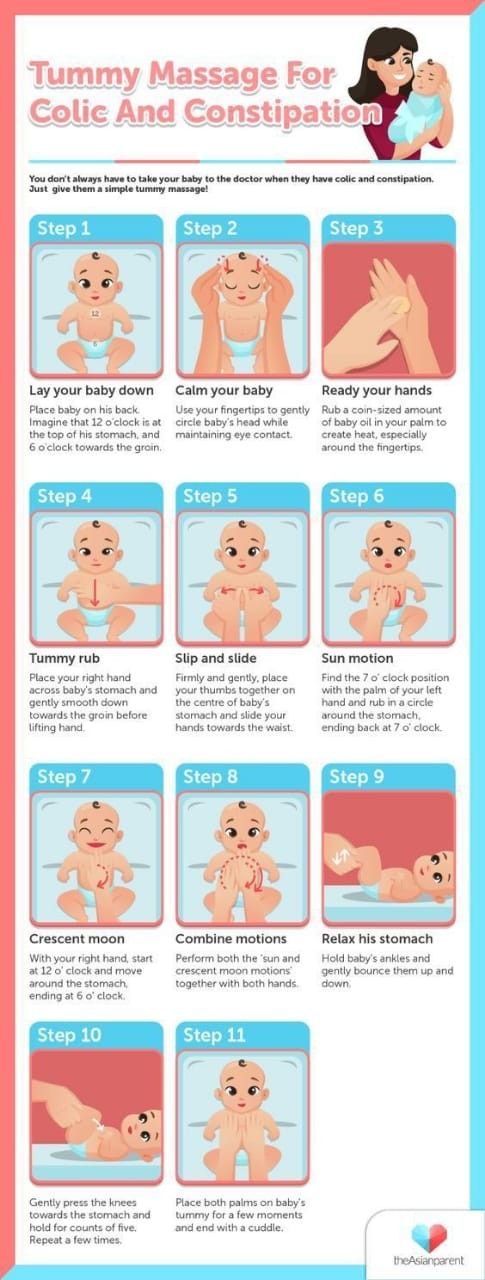 In addition, along with rumbling, other rather characteristic signs appear, in particular, such as:
In addition, along with rumbling, other rather characteristic signs appear, in particular, such as:
- discomfort and pain;
- moodiness;
- deterioration of sleep;
- feeding problems;
- weeping;
- leg tuck;
- swelling;
- stool becomes watery.
Based on all these signs, after a comprehensive examination, it is possible to determine the exact cause of such violations. That is why it is important to consult a doctor in a timely manner for a diagnosis.
First aid for rumbling in the stomach
It is important to understand not only why the baby's stomach rumbles during and after feeding, but also how to help him cope with this problem. A heat compress can be used to relieve and eliminate colic. To do this, a soft tissue is heated with an iron, applied to the tummy, and then the baby's legs are pressed against the chest. The procedure helps the child to calm down and fall asleep.
The child should often be laid out on his tummy, do special exercises with him, walk with the baby in his arms around the room, where there should be subdued light and soothing music that has a good effect on the nervous system. In the evening, you can give the baby a small massage on the back or tummy with light massaging movements in a clockwise direction, without pressing hard. Particularly careful should be movements in the navel.
In the evening, you can give the baby a small massage on the back or tummy with light massaging movements in a clockwise direction, without pressing hard. Particularly careful should be movements in the navel.
It is also recommended to rhythmically bend and unbend the legs, as this helps the food to pass into the small intestine much faster. If all these remedies do not help, then you can prepare dill water or a decoction of chamomile for the child. In exceptional cases, a gas outlet tube is used.
How to prepare dill water
To relieve colic and eliminate excessive gas formation, you can prepare dill water for your child or buy it ready-made in a pharmacy. To prepare dill water, you need to take a teaspoon of crushed fennel seeds, put them in a glass jar, pour boiling water and sweat a little for 20 minutes in a water bath. You can also prepare dill tea from fresh herbs, which must be finely chopped and pour half a glass of boiling water. You need to insist tea for an hour.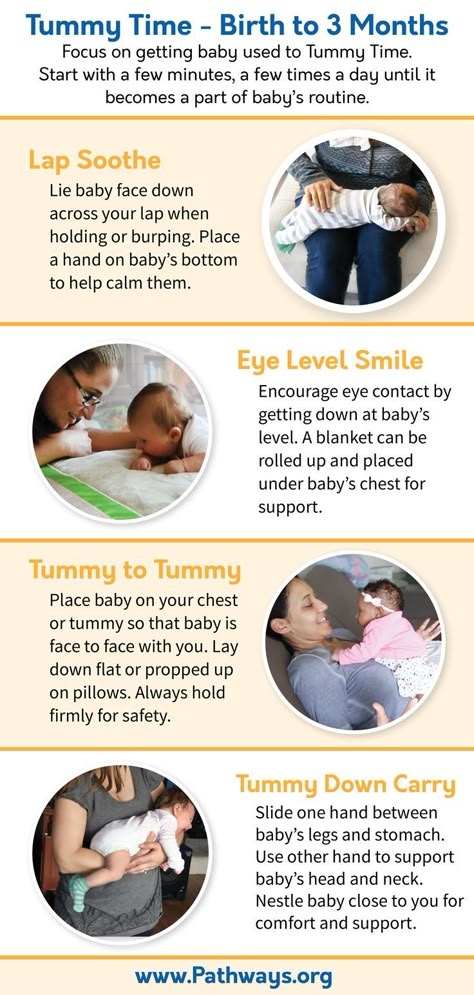
Carrying out treatment
Every mother wonders if her baby's stomach is growling, what to do. If such a condition is observed quite often, then it is imperative to visit a doctor who will conduct an examination and prescribe treatment in accordance with the existing violation.
If the rumbling is due to feeding problems, then the dosage and regimen must be adjusted. It is best to give food often, but in small portions. When breastfeeding, the mother should adhere to a proper and balanced diet. It is necessary to try to change breasts often or to pump yourself so that the baby receives not only foremilk, but also more nutritious hindmilk. When switching to artificial feeding, mixtures must be carefully selected so that they are well absorbed by the child.
In the presence of lactase intolerance, it is necessary to adjust the child's diet in such a way as to exclude the content of lactose in food. There are special diets and medications for this.
If the baby's tummy grumbles due to excessive accumulation of gas and colic, then the baby should be given dill water or special teas based on fennel. In addition, you need to do special exercises with the child, and during feeding, make sure that he does not swallow air.
In case of microflora disorders, it is necessary to pass special tests initially. Bacteriological culture can determine the presence of disorders and their type. Prebiotics and probiotics can be prescribed to eliminate the existing problem for the child. Also, the infection is eliminated with the help of special medications. In the future, you need to closely monitor the hygiene and nutrition of the baby. Any therapeutic measures should be carried out strictly under the supervision of a doctor.
Preventive measures
To avoid rumbling in the baby's tummy, you need to take certain preventive measures. It is imperative to make sure that the nipple grip during feeding is correct. In the case of artificial feeding, it is advisable to purchase special anti-colic bottles.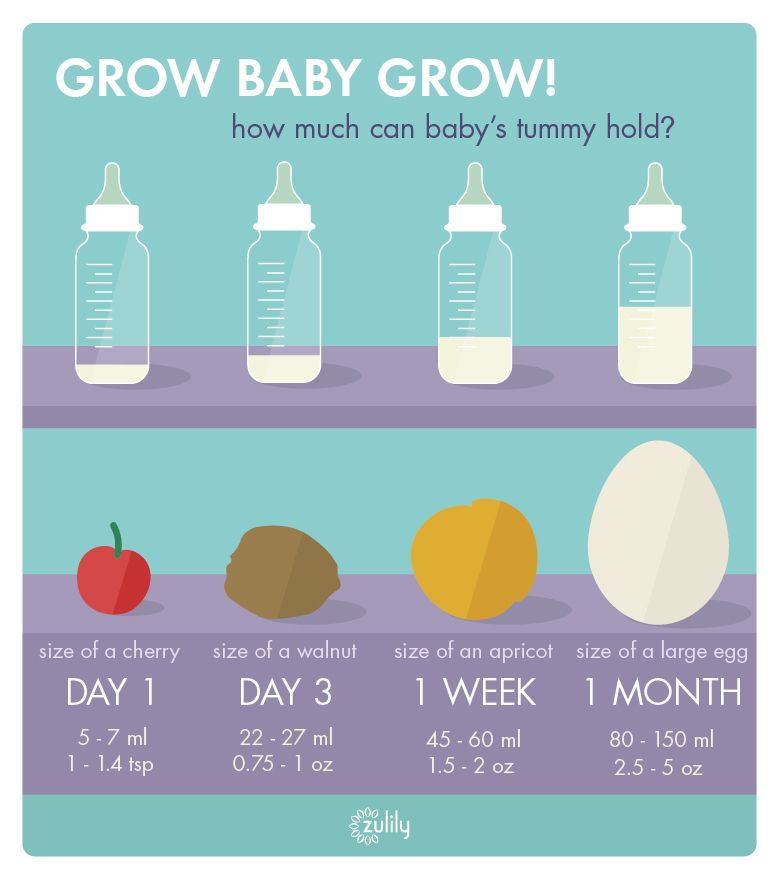 After feeding, you need to hold the baby upright for a while so that he burps air.
After feeding, you need to hold the baby upright for a while so that he burps air.
It is advisable to use special preparations that reduce the amount of gases formed and facilitate their exit from the body. In hot weather, you need to give the child, in addition to milk, also some water.
Why does the baby growl in the stomach?
Baby FartherUsually, rumbling in the abdomen of a baby during feeding and after is completely normal. However, in some cases, the baby may need your help.
Anxiety symptoms
If you hear that your baby’s tummy is growling during meals and some time after it, but at the same time the baby eats well, gains weight and is not naughty, then everything is in full with him okay. The fact is that such sounds are accompanied by the process of digestion: when the baby eats, the walls of his stomach and intestines begin to actively contract, which leads to rumbling.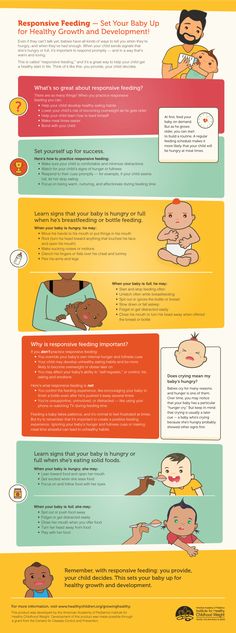
Sometimes additional symptoms are added to the bubbling in the abdomen. If you observe at least one of them in your baby, you need to show it to the pediatrician:
- The child is naughty during feeding, refuses to breastfeed
- The baby's belly swells, becomes hard to the touch
- The baby has a sleep disorder
- The child draws his legs to his stomach, clenches his fists, arches his back
- The baby cries loudly in the evenings and cannot calm down
- Infant passes gas frequently
- The baby's stool becomes watery, green appears in it.
Causes of the “storm”
If rumbling in the abdomen causes discomfort to the baby, the cause may be colic and gas, a change in diet, lactase deficiency or the composition of the intestinal microflora. After consulting with a pediatrician and taking tests, it will become clear which of these reasons bothers your child.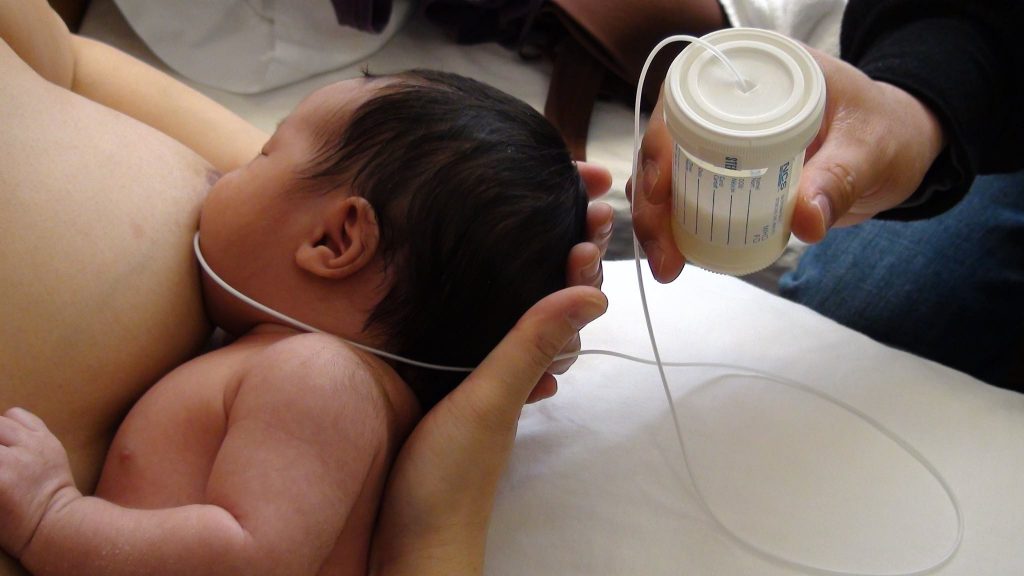
- Infant colic They can appear in babies from the second week of life and last up to four months. The newborn does not have time to digest the entire volume of milk or formula that he eats at one time. Remains of food settle on the walls of the intestines and begin to ferment, causing spasms - intestinal colic
- Change of diet
If you first fed your baby with milk, and then transferred him to IV, this can provoke digestive problems in the crumbs. Replacing formula and introducing complementary foods can also be a difficult test for a child's body. - Lactase deficiency
Mother's milk and most formulas contain lactose, milk sugar. When it enters the baby's body, its intestines begin to produce a special enzyme called lactase, which breaks down milk sugar. Babies often have problems with the synthesis of this substance, which is completely normal. By 4 months, the problem should resolve itself. If the child becomes worse, we are talking about lactase deficiency. This diagnosis must be made by a doctor. He will prescribe a special diet for the baby and prescribe medications.
By 4 months, the problem should resolve itself. If the child becomes worse, we are talking about lactase deficiency. This diagnosis must be made by a doctor. He will prescribe a special diet for the baby and prescribe medications. - Imbalance of microflora
At the beginning of life, the baby's intestines are colonized by "beneficial" and opportunistic bacteria. If the latter exceed the norm, the baby begins to have problems with the tummy. It could be dysbacteriosis or an infection. So that the crumbs do not have complications, it must be taken to the pediatrician in time and tested.
Helping a baby
There are many ways to get rid of rumbling in the tummy. Your actions should depend on the reason that caused the crumbs discomfort:
- For colic Give your baby a tummy massage half an hour before feeding. While eating, make sure that the baby does not swallow excess air.
 After feeding, wear the baby in a “column”. To make the baby feel better, give him natural drops from colic "Koli Crocodile". They begin to act within 10 minutes after ingestion, relieve cramps and bloating, relieve pain.
After feeding, wear the baby in a “column”. To make the baby feel better, give him natural drops from colic "Koli Crocodile". They begin to act within 10 minutes after ingestion, relieve cramps and bloating, relieve pain. - For dietary problems
Talk to your pediatrician and find the right formula for your baby. Eliminate foods from your menu that can cause digestive problems in an infant if he is on breastfeeding. Feed your baby more often and reduce portion sizes. - For lactase deficiency
If the doctor has confirmed this diagnosis, you will need to remove lactose-containing foods from the baby's diet and switch the baby to special dairy-free formulas. Often, pediatricians prescribe enzyme preparations for babies with lactase deficiency. - If there is an imbalance in the microflora
First, you need to take tests to assess the state of the intestinal microflora in your child.


